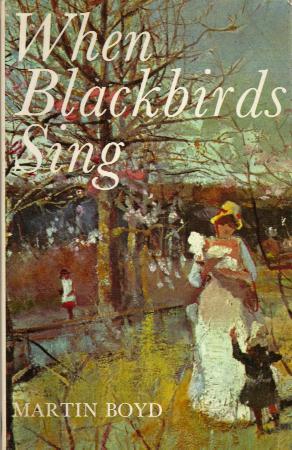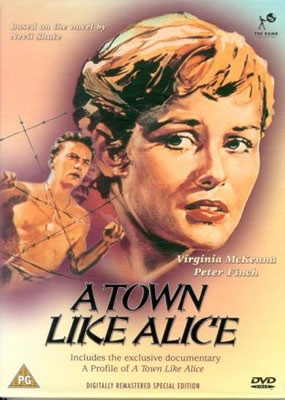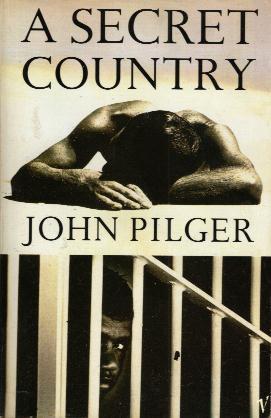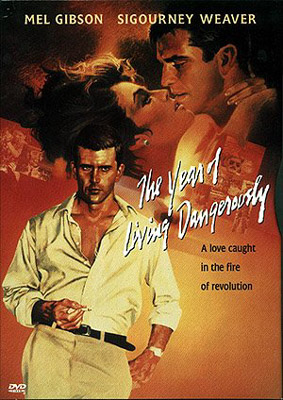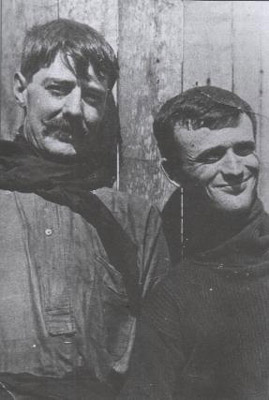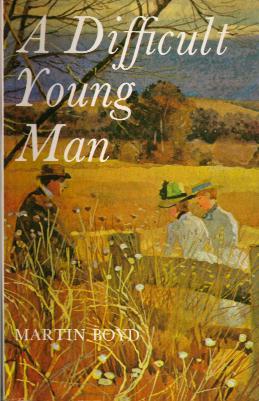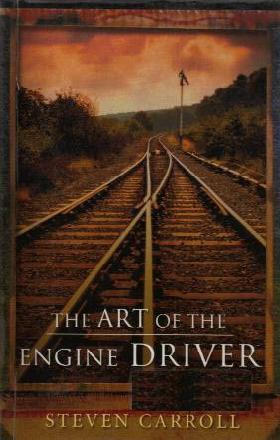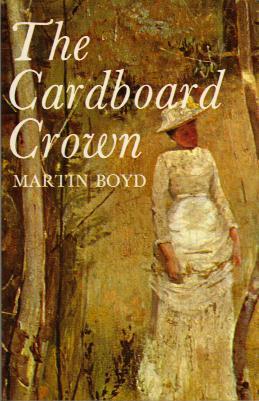A couple of weeks back Jenny Sinclair wrote an article, which was published in "The Australian" newspaper, about the woeful state of Australian Literature entries on Wikipedia, the major online open-source encyclopedia.
Although she doesn't come right out and say it, the article is basically a call-to-arms, a call to get people interested in Australian Literature to create new entries and to update those already there. Sinclair uses the example of Jessica Anderson, author of some eight novels and winner of the 1978 Miles Franklin Award for Tirra Lirra by the River - a great novel. Basically, Anderson is listed on the award's entry, but there were no biographical details about the writer anywhere. Sinclair did the proper thing and added one herself. An action I can only applaud.
It's been a while since I'd strolled around the site so I decided to check Wikipedia and see how bad the situation really is. The Miles Franklin Award entry is a pretty good place to start, especially as I've done a bit of work in that area as well - though even I will admit that I haven't done enough.
The first thing I noticed is that the list is up-to-date with Roger McDonald's 2006 winner listed. The years when no book was considered worthy of the award are included, as is the year (1988) when no award was presented due to a change in designation from year of publication to year of award. So on the face of it, it looks pretty good. But the devil is in the detail.
Any attempt at accessing details of the winning novels, or their authors, brings you up very short. Before today there were no entries on Wikipedia for Roger McDonald (2006 winner - I added one today), Andrew McGahan (2005), David Foster (1997), Tom Flood (1990), Glenda Adams (1987), David Ireland (1971, 1976 and 1979), Ronald McKie (1974), George Johnston (1964 and 1969), and Elizabeth O'Connor (1960). I won't bother to list the missing novels, there's just too many of them.
It's a poor state of affairs really.
Sinclair raises the question about Wikipedia: "Why should anyone in Australia care?" It's a good question and she proceeds to answer it very well. If for no other reason than the fact that a search on Google for the term "Australian Literature" returns Wikipedia in fifth place.
The odd thing about this, however, is the list of the first four. Sinclair explains them as follows: "the first listing for 'Australian literature' is a privately run index. The second is Ozlit, a well-meaning Victorian site where some pages were last updated in 1999; third is a National Library of Australia literature index. The 'official' authority on Australian literature, AustLit, comes in fourth. AustLit is comprehensive, well edited and accurate. It's also unavailable to the average user, limited as it is to subscribers or members of organisations that subscribe (including university students)."
I have lamented the loss of Ozlit here before, but what bothers me more than anything is the fact that the "privately run index" in first place is mine. It's nothing terribly great in the scheme of things, yet there is such a lack of information about Australian literature out there on the web that a small collection of pages put together with little skill and no authority should end up coming in first in a Google search.
Jenny Sinclair worries that no-one is interested. Hopefully she keeps fixing some of the Wikipedia entries and creating others. Her article has given me the prod I needed.
